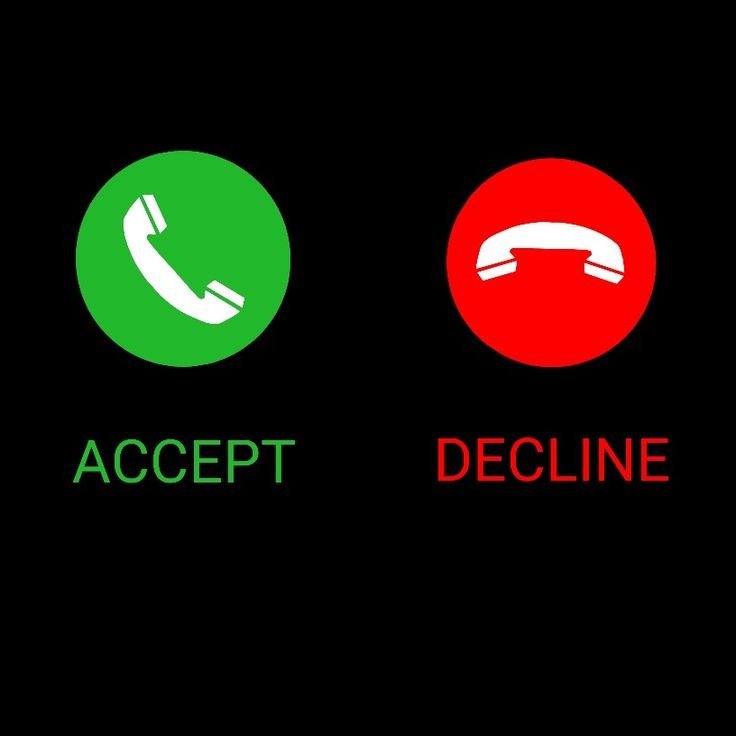Introduction
Fake calling tracks, also known as spoofed call tracks or fraudulent call logs, are an increasingly prevalent issue in both personal and professional contexts. These tracks involve manipulating or fabricating call records to mislead or deceive recipients or organizations. Understanding the intricacies of fake calling tracks is essential for recognizing, preventing, and addressing this form of deception.
Nature and Methods
Fake calling tracks involve creating or altering call records to appear as though a call was made or received when it was not.
Spoofing Techniques: Spoofing involves manipulating caller ID information to disguise the true origin of a call. This can include changing the phone number displayed or mimicking legitimate call records to deceive the recipient. Sophisticated spoofing can also alter timestamps and call durations, making the record seem authentic.
Call Log Manipulation: In some cases, fraudsters gain access to phone systems or databases and directly modify call logs. This manipulation can involve inserting fake entries, altering timestamps, or deleting actual records to cover tracks.
App-Based Forgery: There are apps and software tools designed to create fake call records. These tools allow users to generate call logs with any number and timestamp, which can be used for deceptive purposes.
Implications and Risks
The implications of fake calling tracks can be severe, affecting individuals and organizations in various ways:
Personal Risks: For individuals, fake calling tracks can be used in scams or harassment. Fraudsters might use these techniques to impersonate someone, commit identity theft, or manipulate personal relationships.
Corporate and Legal Risks: In a business setting, fake calling tracks can lead to legal issues, especially if they are used to commit fraud or to falsely implicate someone in wrongdoing. Companies might face reputational damage, legal battles, or compliance issues as a result.
Security Concerns: The manipulation of call records can compromise the integrity of communication systems. It poses a risk to security protocols, as it can be used to bypass authentication measures or deceive security personnel.
Detection and Prevention
Detecting fake calling tracks requires vigilance and the use of advanced technology:
Verification Protocols: Organizations should implement robust verification procedures for incoming and outgoing calls. This can include cross-referencing call logs with other communication records or using multi-factor authentication for sensitive transactions.
Technology Solutions: Leveraging advanced monitoring tools and software that can identify anomalies in call records or flag suspicious activities is crucial. These tools can analyze call patterns and detect discrepancies that might indicate tampering.
Education and Training: Raising awareness about the risks and signs of fake calling tracks is essential. Training employees and individuals to recognize potential scams and fraudulent activities can help mitigate risks.
Legal and Ethical Considerations
The use of fake calling tracks raises significant legal and ethical issues:
Legal Consequences: Engaging in activities involving fake calling tracks can lead to serious legal repercussions. Laws vary by jurisdiction, but fraud, identity theft, and tampering with communication records are generally punishable offenses.
Ethical Implications: Beyond legal concerns, there are ethical considerations related to privacy, trust, and honesty. Manipulating call records undermines the integrity of communication and can have far-reaching consequences for personal and professional relationships.
Conclusion
Fake calling tracks represent a growing threat in the digital age, with significant implications for security, privacy, and integrity. By understanding the methods used to create these fraudulent records, recognizing their potential impacts, and implementing effective detection and prevention strategies, individuals and organizations can better protect themselves against this type of deception. Maintaining vigilance and staying informed about evolving tactics is key to mitigating the risks associated with fake calling tracks.







